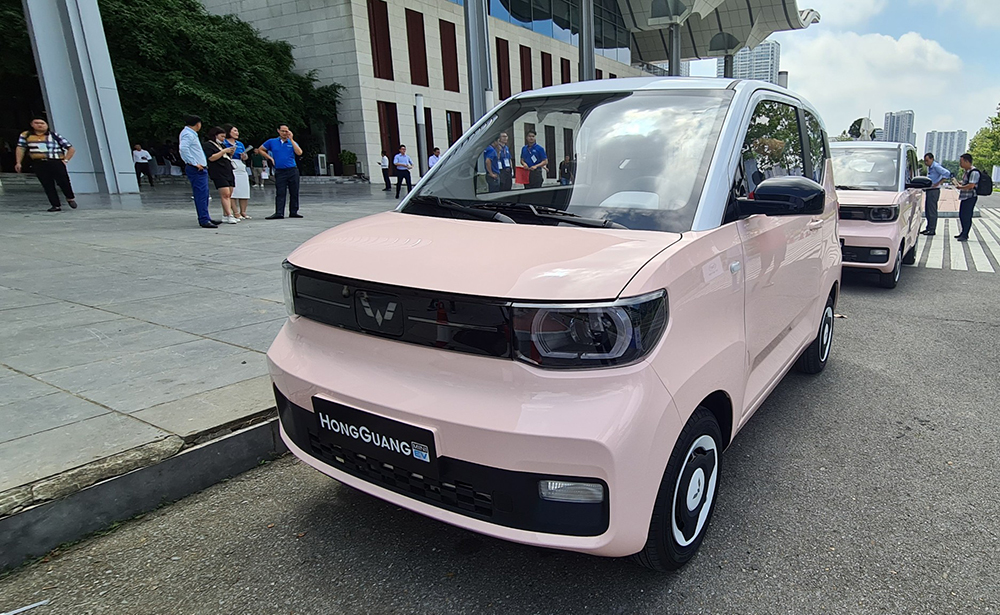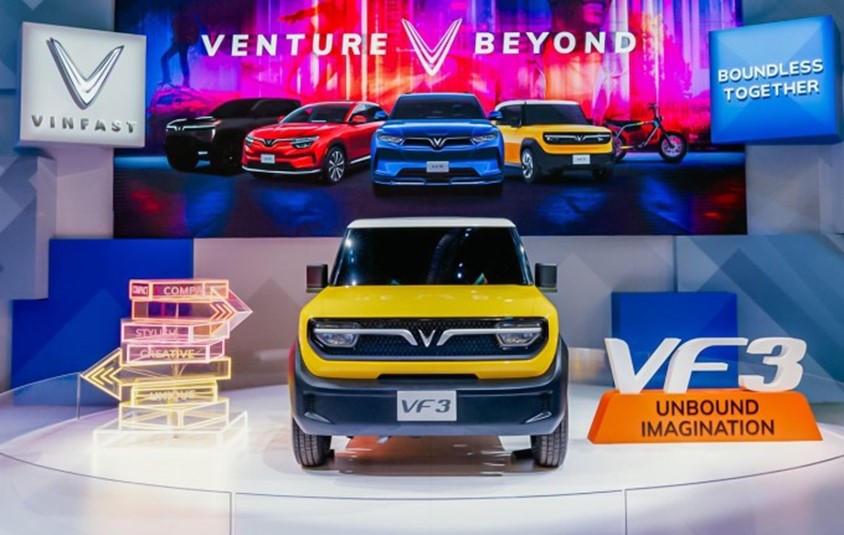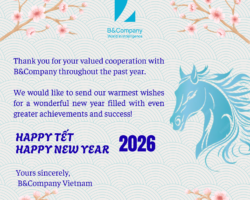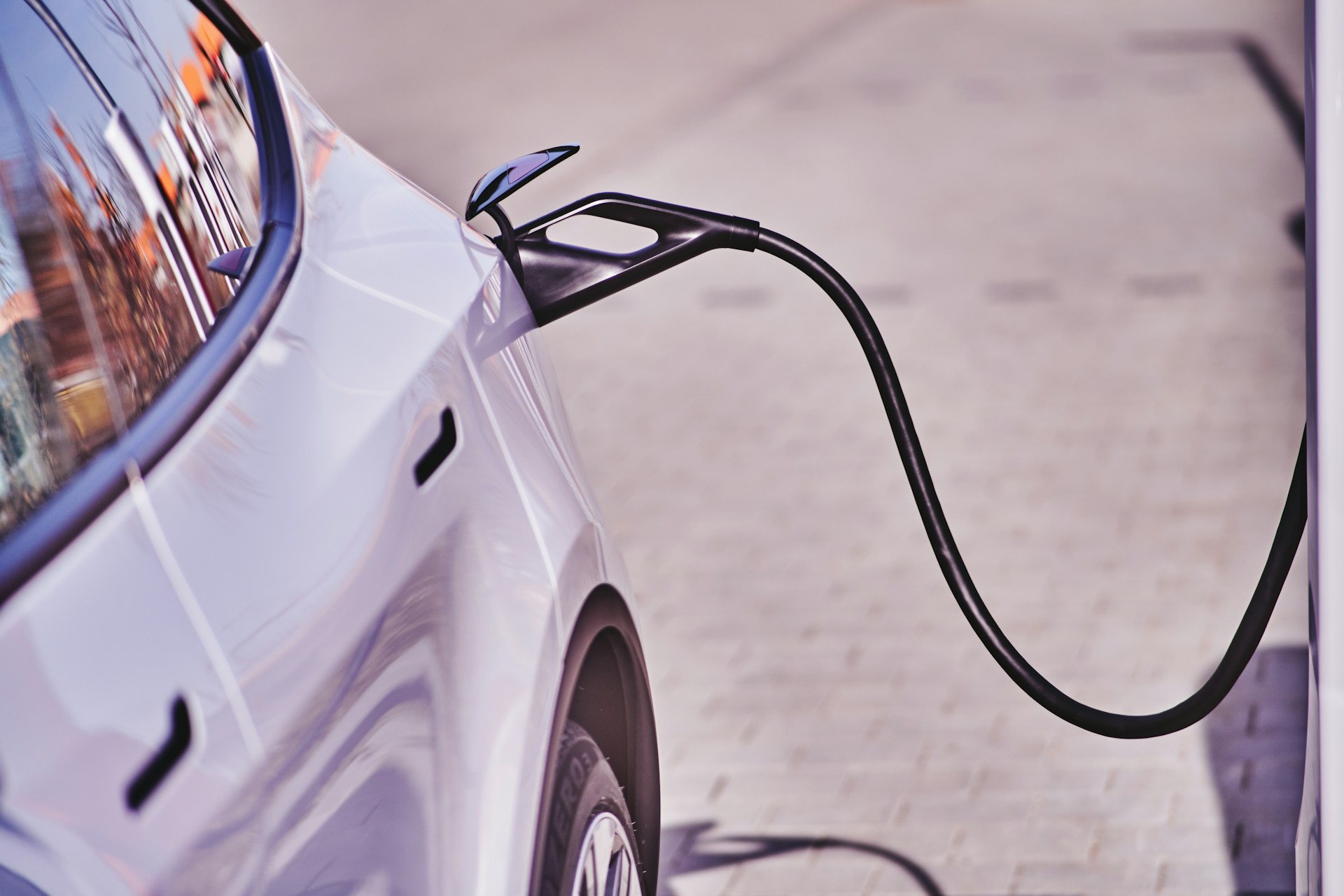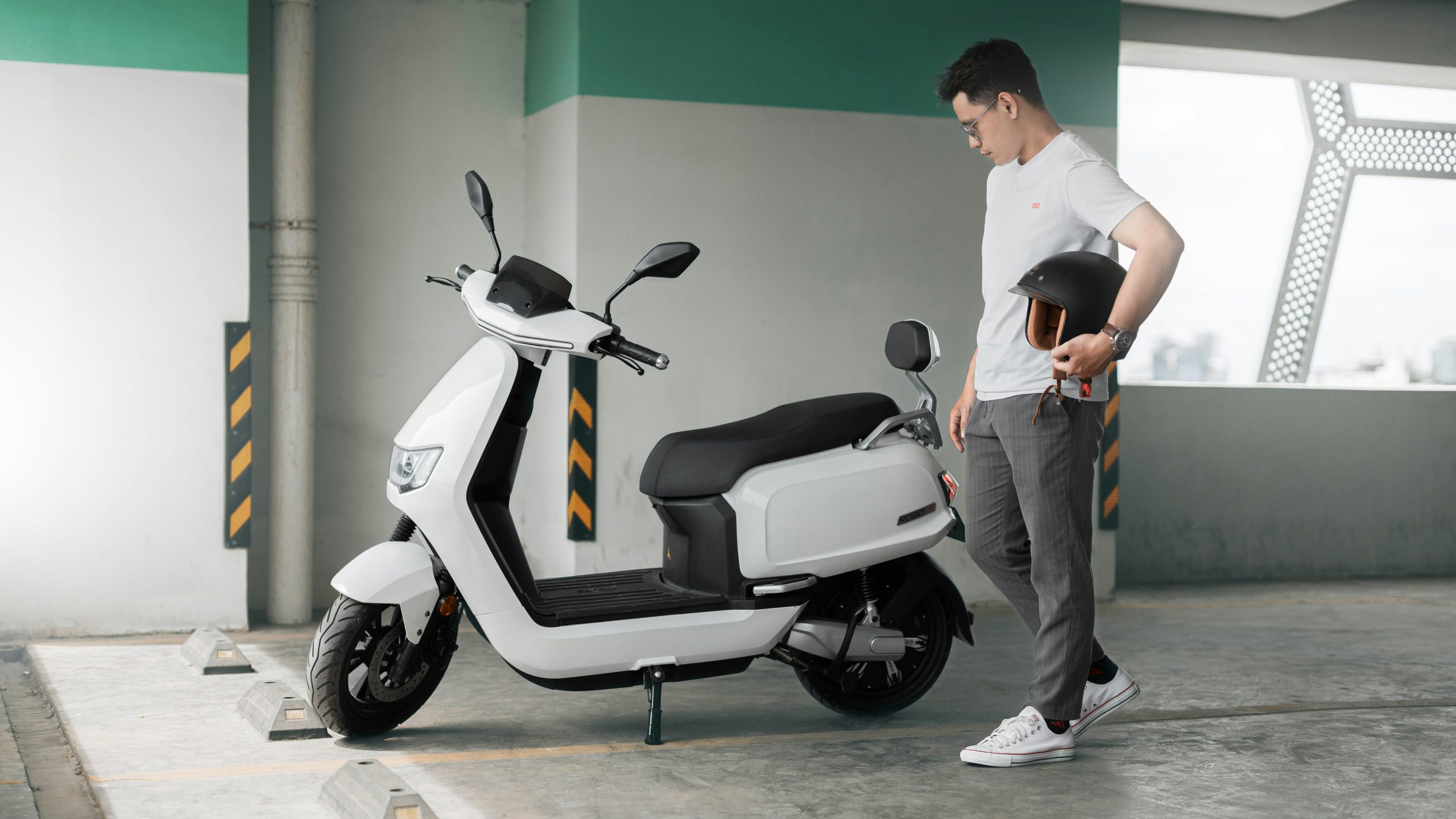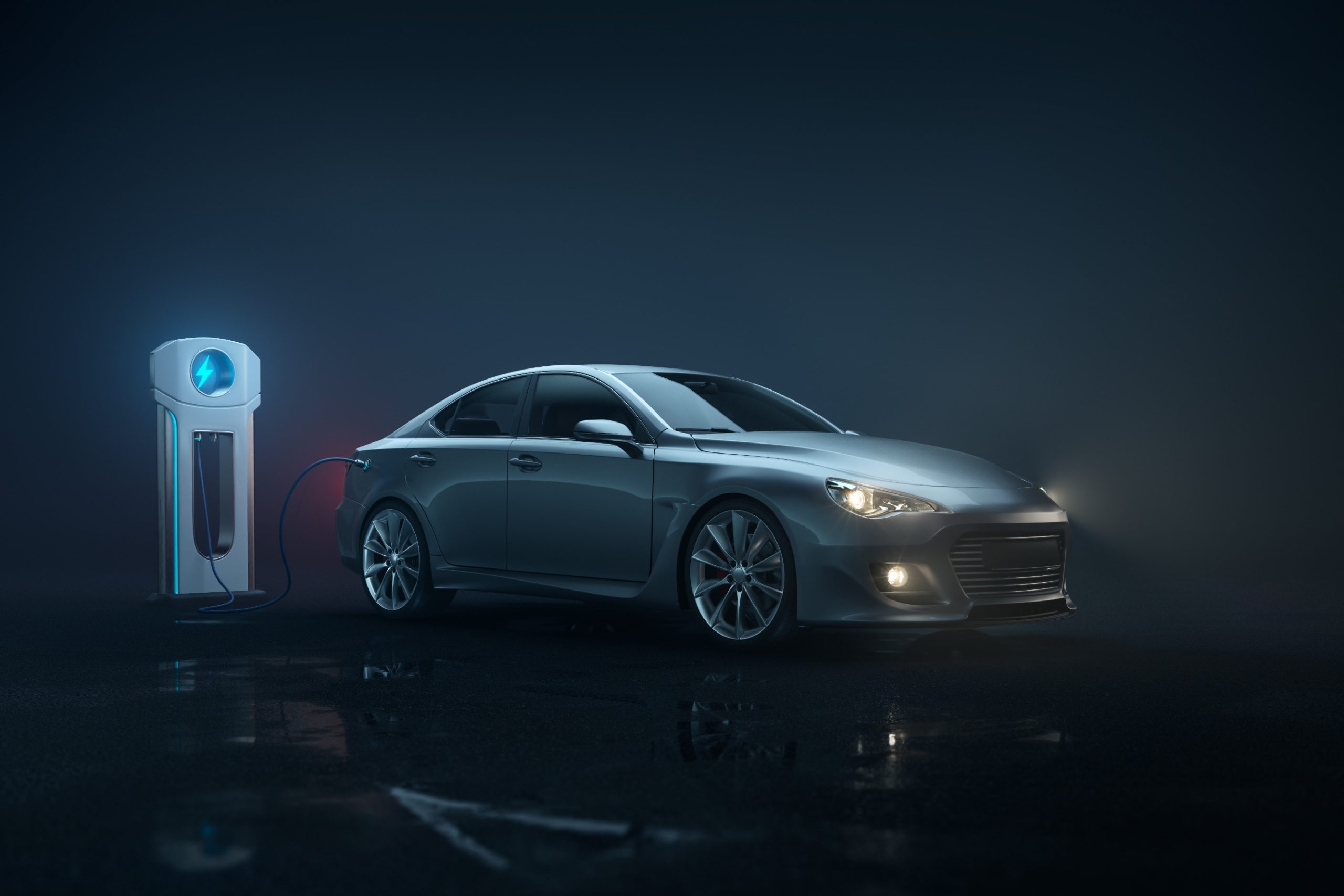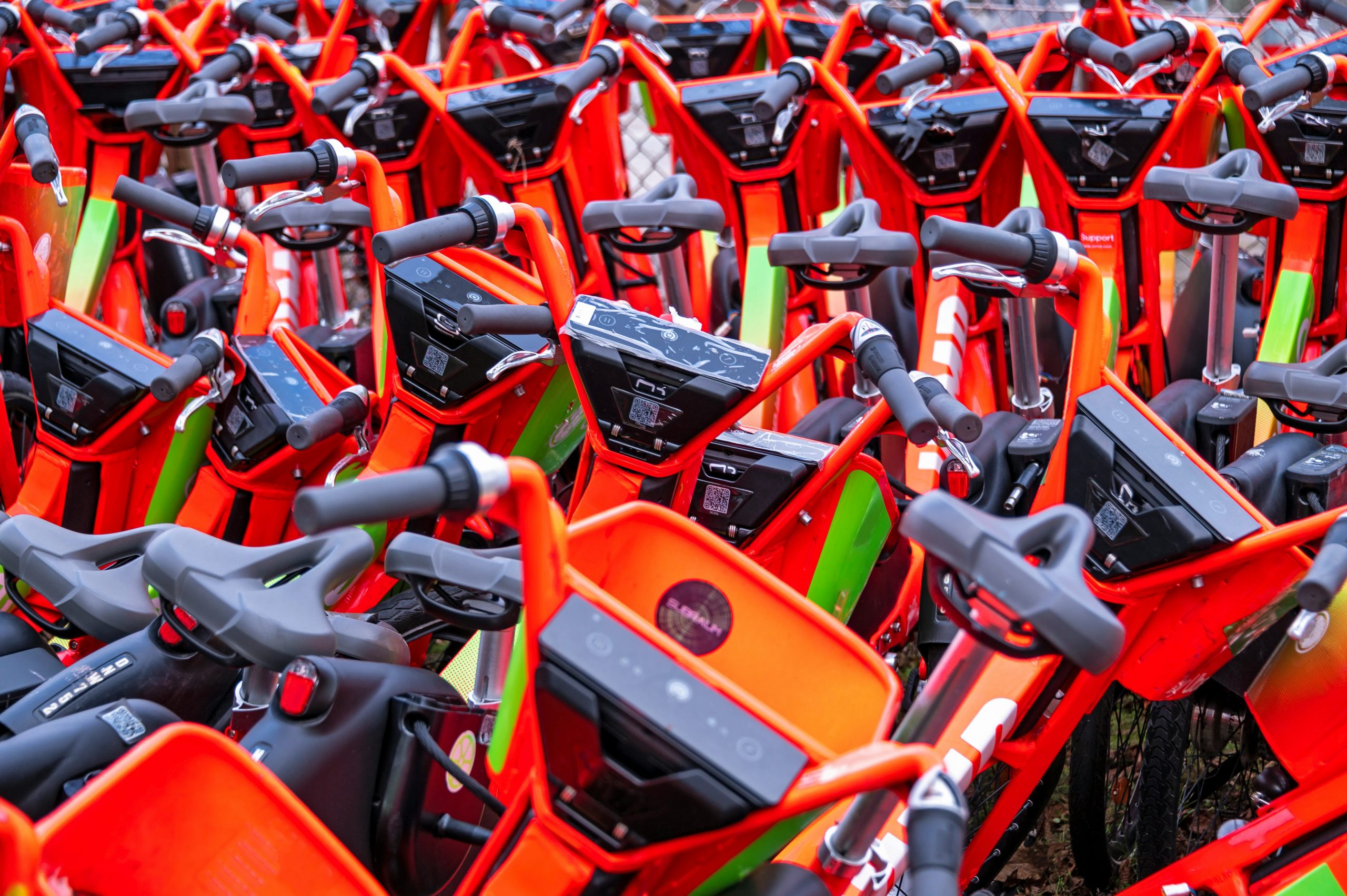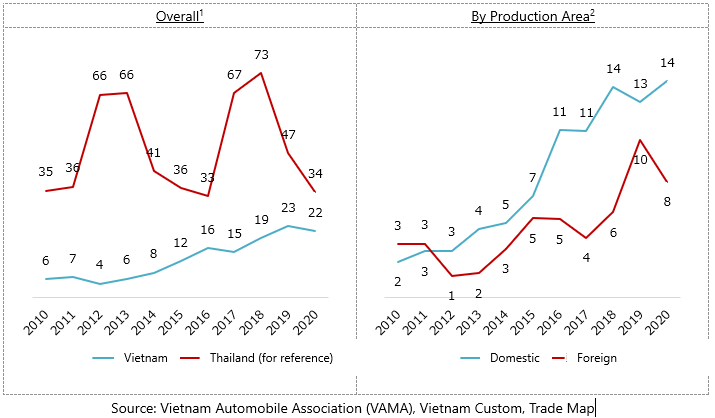The EV car market in Vietnam is a rapidly evolving sector that has garnered increasing attention due to the growing demand for eco-friendly transportation solutions. As the government pushes for greener initiatives and urban consumers seek affordable, sustainable mobility, EV car have become an attractive alternative to traditional gasoline-powered vehicles.
Market Size and Growth of EV car in Vietnam
The EV car market in Vietnam has seen substantial growth in recent years. In 2023, the market size for electric vehicles in Vietnam was estimated at around 15,700 units sold (accounts for 6% of automobile sale in Vietnam)[1] , with battery electric car contributing a significant share.
The market is expected to grow at a compounded annual growth rate (CAGR) of approximately 17.51% in 2024-2032[2], driven by increasing consumer awareness, improved infrastructure, and governmental incentives.
Key Players in the EV car in Vietnam
The Vietnamese electric vehicle (EV) market is growing rapidly, with VinFast leading the charge as the dominant domestic player. In 2023, VinFast became a 100% electric vehicle company as they stop selling gasoline models. The company now holds over 50% of the domestic EV market share (Including both 2-wheels and 4-wheels vehicles) and is expanding internationally, with initial success in the U.S. market.
International automakers, including those from Korea, Germany, and China, are increasingly entering Vietnam’s electric vehicle (EV) market. Brands such as KIA, Audi, Hyundai, and Lexus have launched models like the EV6, e-tron T, IONIQ 5, and LF-Z. The Vietnam Motor Show 2022 marked a significant milestone by showcasing several electric car models for the first time, such as the Mercedes EQS and Toyota bZ4X.
Generally, EVs are more expensive than gasoline-powered cars due to the high cost of battery technology, which is the most expensive component. However, prices are expected to decrease in the coming years. Manufacturers are focusing on producing more affordable models, and advancements in battery technology are anticipated to play a key role in reducing costs, making EVs more accessible to a broader consumer base in the future.
In addition to conventional automobiles, the mini electric car segment has also made its debut in the market. In July 2023, TMT Motors Joint Stock Company officially launched and organized a test drive event for the Chinese brand Wuling HongGuang Mini EV model with the price range is about 239 million VND – 279 million VND . Following this, in 2024, VinFast also introduced its VF3 model to the market with a selling price between 230 million VND – 322 million VND). The entry of companies like VinFast into the mini car market signals growing interest in this segment. VinFast’s introduction of a super-small two-seater model reflects the increasing diversity in the automotive landscape. The mini car segment, though still small, is poised for substantial growth due to factors such as cost-effectiveness, urban practicality, electrification trends, and supportive government policies, all contributing to the expected expansion of this market in Vietnam.
Source: Vneconomy Automotive, Vnexpress
Market Trends in the EV car in Vietnam
- – Promotion Support: The Vietnamese government has been actively promoting the adoption of electric vehicles through policies such as tax breaks, reduced registration fees, and EV infrastructure development. For example, government has approved has announced a temporary 50% reduction in registration fees for domestically produced and assembled cars, detailed in Decree No. 109/2024/ND-CP effected from September 1 to November 30, 2024 This has been a significant catalyst for the small EV market’s growth.
On the other hand, EV car makers are also offering various promotional programs. For example, starting from March 1, 2024, VinFast customers purchasing electric cars will be eligible for an attractive installment incentive package, with loans of up to 70% of the car price. Additionally, from July 1, 2024, to July 1, 2026, VinFast electric car owners will enjoy free parking for up to 5 hours, with priority parking at all locations within the Vingroup ecosystem. These incentives aim to make EVs more accessible and appealing to potential customers.
- – Rising Environmental Awareness: With growing concerns about air pollution in major cities like Hanoi and Ho Chi Minh City, consumers are becoming more inclined to choose EVs as a cleaner, greener alternative to conventional cars.
- – Technological Advancements: Advancements in battery technology and the expansion of charging infrastructure are helping reduce the cost of EVs and improve their convenience, making them more appealing to the average consumer.
Opportunities of EV car market
- – Expanding Urbanization: As Vietnam continues to urbanize rapidly, demand for affordable, energy-efficient vehicles, especially in densely populated cities, will continue to rise. Small EVs are ideal for city commuting due to their compact size, low operating costs, and environmental benefits.
- – Supportive Policy Environment: The government’s push for green initiatives, including a goal to achieve net-zero carbon emissions by 2050, presents significant opportunities for EV manufacturers and startups in the country.
Challenges of EV car market
- – High Initial Cost: Despite the decrease in prices due to technological advancements, small EVs are still relatively expensive compared to traditional internal combustion engine vehicles. This remains a barrier for mass adoption among price-sensitive Vietnamese consumers.
- – Charging Infrastructure: The lack of sufficient and widespread EV charging stations remains a challenge, limiting the range and convenience of EV ownership, particularly outside of major cities.
- – Battery Disposal and Recycling: With the growth of the EV market, addressing the environmental concerns associated with the disposal and recycling of lithium-ion batteries is a critical issue that needs to be tackled to ensure the sustainability of the sector.
Conclusion
Vietnam’s small EV car market holds considerable potential for growth as the government, industry players, and consumers continue to embrace greener, more sustainable transportation options. While challenges remain, such as cost and charging infrastructure, the market’s future is promising with favorable government policies and increasing demand for environmentally friendly mobility solutions. The coming years will likely witness a competitive landscape where both local and international companies play pivotal roles in shaping the future of electric mobility in Vietnam.
[1] Electric vehicle market in Vietnam – statistics & facts | Statista
[2] https://www.imarcgroup.com/vietnam-electric-car-market
| B&Company, Inc.
The first Japanese company specializing in market research in Vietnam since 2008. We provide a wide range of services including industry reports, industry interviews, consumer surveys, business matching. Additionally, we have recently developed a database of over 900,000 companies in Vietnam, which can be used to search for partners and analyze the market. Please do not hesitate to contact us if you have any queries. info@b-company.jp + (84) 28 3910 3913 |
Read other articles

